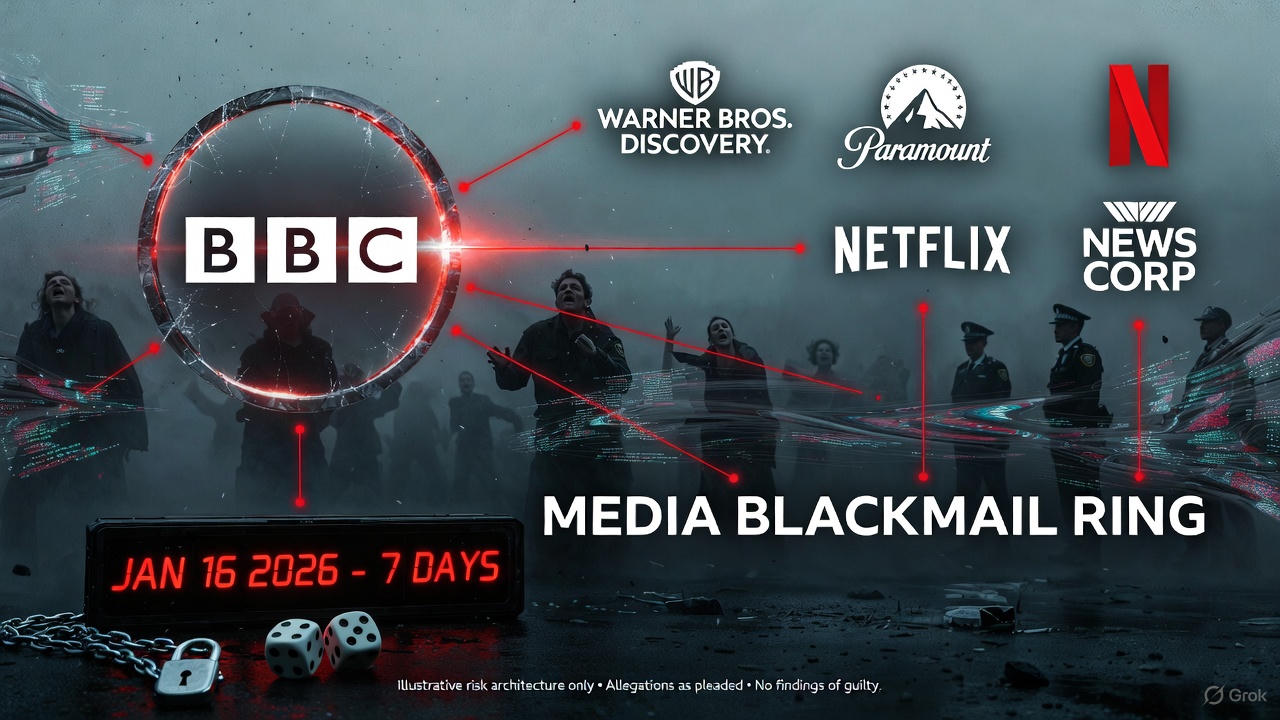In just a few months, the seemingly mundane practice of editing tape for news broadcasts has spiraled into complications, affecting media integrity, legal standings, and personnel changes in major news organizations. The latest case involves the BBC, whose director-general, Tim Davie, and news chief, Deborah Turness, resigned amid allegations of bias related to editing Donald Trump's speeches.
Specifically, the BBC faced criticism over its documentary 'Trump: A Second Chance,' in which quotes from Trump's January 6th Capitol speech were spliced to create misleading impressions of his intentions. This controversy highlights the intense scrutiny that news organizations now face, especially concerning political figures like Trump, who have shown a willingness to legally challenge media narratives.
In a separate incident, Trump successfully sued CBS' parent company over an edited segment of an interview with Kamala Harris, leading to a $16 million settlement. Such cases reflect a climate where every editorial decision is scrutinized, often leading to significant repercussions for media entities. Experts suggest that the consequences of mistakes have become more severe in this politically charged atmosphere, compelling a reevaluation of traditional editing practices.
Media's New Editing Paradigms
As editing decisions are increasingly scrutinized, the BBC incident serves as a cautionary tale for newsrooms worldwide. 'In an era where every editing decision is now under a microscope, it’s causing real caution in newsrooms,' explained Mark Lukasiewicz, a former NBC executive.
The handling of edits also ties into broader practices amongst networks. For example, CBS has changed its approach to pre-taped interviews in response to backlash over perceived manipulations. The network now requires that such interviews be aired in full if pre-recorded, aiming to deflect further criticism and maintain transparency with viewers.
Challenges of Modern Editing Practices
Today's fast-paced digital landscape exacerbates the pressure on journalists to produce succinct and engaging content, frequently prompting ethical dilemmas concerning the accuracy of information presented. The proliferation of social media platforms like TikTok has transformed the standards for visual storytelling, complicating what constitutes responsible journalism.
In light of the recent incidents, it has become apparent that editors and producers must tread carefully to avoid politically motivated litigation while still fulfilling their role to inform the public with integrity. As media outlets navigate these treacherous waters, the importance of transparency and adherence to ethical standards in news reporting has never been more critical.

















